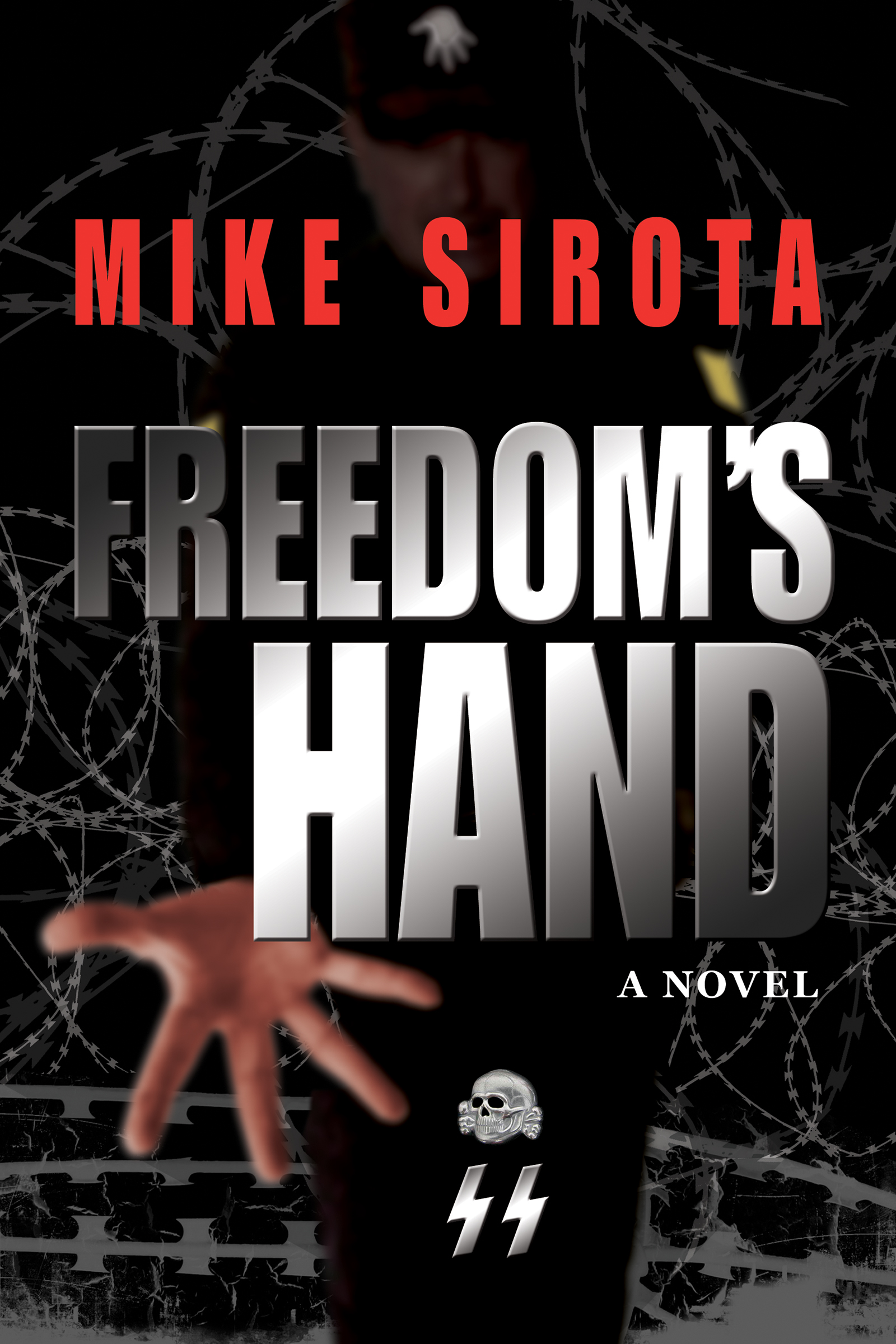It was a dark and stormy night…
Just about everyone, writer and non-writer alike, is familiar with that famous—or infamous—opening of a novel, arguably one of the most overused lines ever (even by Snoopy). The guy responsible for it? A nineteenth century British novelist named Edward Bulwer-Lytton. (His full mouthful of a moniker: Edward George Earle Lytton Bulwer-Lytton 1st Baron Lytton.) And actually, the entire opening from his novel, Paul Clifford, was on par with his name:

Edward Bulwer-Lytton
It was a dark and stormy night; the rain fell in torrents—except at occasional intervals, when it was checked by a violent gust of wind which swept up the streets (for it is in London that our scene lies), rattling along the housetops, and fiercely agitating the scanty flame of the lamps that struggled against the darkness.
This writer’s very name inspired the Bulwer-Lytton Fiction Contest, founded about thirty years ago by an English professor at San Jose State University. Its stated purpose was “to compose the opening sentence to the worst of all possible novels.” In other words, write an awful line on purpose. The contest drew three entries the first year—and ten thousand the next. These days the immensely popular contest even has subcategories—different genres and such. Visit their website for full details.
There follows some of the best of the best “bad” opening lines. Enjoy!
For the first month of Ricardo and Felicity’s affair, they greeted one another at every stolen rendezvous with a kiss — a lengthy, ravenous kiss, Ricardo lapping and sucking at Felicity’s mouth as if she were a giant cage-mounted water bottle and he were the world’s thirstiest gerbil.
As an ornithologist, George was fascinated by the fact that urine and feces mix in birds’ rectums to form a unified, homogeneous slurry that is expelled through defecation, although eying Greta’s face, and sensing the reaction of the congregation, he immediately realized he should have used a different analogy to describe their relationship in his wedding vows.
As the sun dropped below the horizon, the safari guide confirmed the approaching cape buffaloes were herbivores, which calmed everyone in the group, except for Herb, of course.
She sipped her latte gracefully, unaware of the milk foam droplets building on her mustache, which was not the peachy-fine baby fuzz that Nordic girls might have, but really dense, dark, hirsute lip-lining row of fur common to southern Mediterranean ladies nearing menopause, and winked at the obviously charmed Spaniard at the next table.
Corinne considered the colors (palest green, gray and lavender) and texture (downy as the finest velvet) and wondered, “How long have these cold cuts been in my refrigerator?”
Sex with Rachel after she turned fifty was like driving the last-place team on the last day of the Iditarod Dog Sled Race, the point no longer the ride but the finish, the difficulty not the speed but keeping all the parts moving in the right direction, not to mention all that irritating barking.
When Mr. Bilbo Baggins of Bag End announced that he would shortly be celebrating his eleventy-first birthday, his children packed his bags and drove him to Golden Pastures retirement complex just off Interstate 95.
Despite the vast differences it their ages, ethnicity, and religious upbringing, the sexual chemistry between Roberto and Heather was the most amazing he had ever experienced; and for the entirety of the Labor Day weekend they had sex like monkeys on espresso, not those monkeys in the zoo that fling their feces at you, but more like the monkeys in the wild that have those giant red butts, and access to an espresso machine.
As she slowly drove up the long, winding driveway, Lady Alicia peeked out the window of her shiny blue Mercedes and spied Rodrigo the new gardener standing on a grassy mound with his long black hair flowing in the wind, his brown eyes piercing into her very soul, and his white shirt open to the waist, revealing his beautifully rippling muscular chest, and she thought to herself, “I must tell that lazy idiot to trim the hedges by the gate.”
MORE KUDOS FOR FREEDOM’S HAND
Two recent reviews for my new thriller tell me that the readers not only enjoyed it, they also “got it.”
NUMBER ONE: “I’m usually a not-so-fast-reader. However, I picked up a copy of Mike Sirota’s Freedom’s Hand and finished it in one sitting. It is a truly riveting novel; hard, or in my case, impossible to put down. The novel recalls the ugly chapter of world history in which Nazi atrocities were a daily headline. Of course, when the war ended, we all knew that something like that Hitlerian nightmare could never recur. Well, guess again Liebschen, they’re baaaack!
“Sirota weaves a gripping tale that explores the mindsets of those who considered themselves the ‘master race,’ their present-day counterparts, and their victims. But it’s not set in Hitler’s Fatherland. Oh, no … it all unfolds in the U.S. of A. From the kidnappings to the deliveries to Lager, the neo-Nazi ‘camps,’ to the end, and every event in between, the action doesn’t stop. It doesn’t even slow down. Be prepared for a strong dose of brutality and  realize how lucky you are that you’re not there … then. There is a strong sense of family woven throughout the novel, and some good devices such as Susan Lowe’s attacking and screaming in Yiddish at another imprisoned woman and within earshot of her husband David in order to deliver a welcome message that only he would understand.
realize how lucky you are that you’re not there … then. There is a strong sense of family woven throughout the novel, and some good devices such as Susan Lowe’s attacking and screaming in Yiddish at another imprisoned woman and within earshot of her husband David in order to deliver a welcome message that only he would understand.
“This novel has my highest endorsement. It is not only exciting and at times frightening, perhaps most of all … it is important!”
NUMBER TWO: “Freedom’s Hand is a riveting read, emotionally charged and fast paced. From the nightmare remembrance of Grandpa’s Holocaust experience in Nazi Germany, to the abduction and imprisonment of him and his extended family in a neo-Nazi group’s attempt to simulate the Holocaust in the Southwest American desert, the psychological tension and rapid action never let up.
“The story opens with the Adler family on vacation in the Southwest. Grandpa Adler, a survivor of Auschwitz, is still troubled by his internment experiences, unable to avoid the nightmares that force him to relive the degradation and inhumanity of that time. He and his daughter’s family are kidnaped by a white supremacist group, Freedom’s Hand, that is intent on duplicating the Nazi concentration camp and its agenda of wiping out all minorities—especially Jews, but also other non-whites and homosexuals. The story quickly shifts from virtual revisiting of Nazi horrors to the actual experiencing of neo-Nazi intolerance, hatred, and sadism on American soil by fellow Americans.
“The brutality of the captors is unrelenting. Even some of the captives turn on their fellow prisoners in this hellhole environment. Vignettes give psychological background to the twisted lives of the perpetrators, and the character flaws that led them to this diabolical ideology. In this respect, the novel is a stark and frightening portrayal of the racist attitudes and actions of some right wing fringe groups. The book is written ‘In memory of all who suffered and died in the name of twisted ideologies. And especially for the Six Million.’
“Although the reader becomes caught up in the psychodrama of interpersonal conflict between captors and captives, and the escape episodes and hunt for these renegades, a subtle message is found between the lines. How could this have happened, in Nazi Germany? How could it happen again on American soil? The fact that it did happen there, and could happen here, is a disturbing fact that stays with the reader after putting down Freedom’s Hand.”


I choked on my coffee reading some of these opening lines– I wasn’t ready! Too funny!
I’m looking forward to reading your book, Mike (1 1/2 books in the queue, then yours is up).
Sorry about spilling your coffee, Lee–not! 🙂 They are a hoot. You really have to try hard to be THAT bad!
OMG! Too funny. There are some real gems there. Downright brilliant!!
The sad part is, I’ve read some things recently that were almost as horrible, but not nearly as creative…and they were published, for real. Now, if some of those openings above were turned into books, with exactly the same level of “creativity”, we’d probably die laughing before the end. I would take that fate, any day, over disappointment and boredom.
Of course, “Freedom’s Hand” was not in the boring category, as is shown by the increasing number of glowing reviews. So much for “too controversial”, right? The real (scary) problem is that it’s “too close to home”.
Thanks, Kate. I try not to have lines like that in ANY of my books. Still, I imagine there were a few laughable ones in the hundred years I’ve been writing. 🙂
I think I dated Heather a couple of times….
Bill,
Please forgive my denseness, but is that bragging or…?
Haven’t we all Bill, haven’t we all? And no, Kate, I doubt if it’s anything to brag about. 🙂